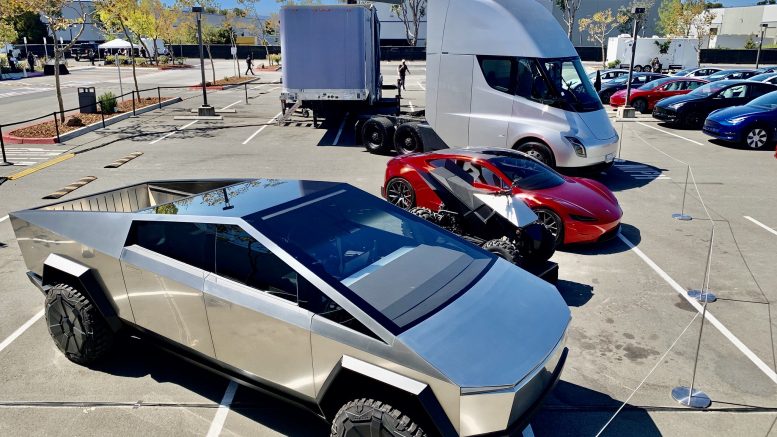China targets 20% share of new energy vehicle sales by 2025

Announced on Nov. 2, the industry plan also aims to lower the average power consumption of electric vehicles to 12 kilowatt-hours (kWh) per 100 km by 2025, from today’s average of 15 kWh per 100 kilometres.
Shanghai plans to add 100,000-200,000 public and private NEV charging points over the next three years
Colin Hamilton of BMO Capital Markets commented in a research note that the document “also encourages supply chains to be kept onshore while striving for technological innovation.”
Natalie Scott-Gray, senior metals analyst with StoneX, said the announcement “has solidified the bullish sentiment towards the future use of key ‘green metals’ being utilized in electric vehicles,” which include copper used in electric wiring, aluminum for light-weighting, and lithium, nickel, and cobalt used in lithium-ion batteries.
China will also implement preferential tax policies for NEVs and provide financial support for building charging points as well as creating preferential policies for parking and charging NEVs.
The plan is also designed to accelerate the development and application of automotive operating systems, build an efficient battery recycling system, and speed up infrastructure development, including power and hydrogen recharging stations and battery replacement facilities.
Several major cities in China have already taken the lead in developing NEV infrastructure. Shanghai plans to add 100,000-200,000 public and private NEV charging points over the next three years.
China will also introduce new safety standards for NEVs from Jan. 1, 2021, to bring standards closer in line with Western countries and allow Chinese battery makers to adopt a larger market share abroad.
(Carl A. Williams – This article first appeared in The Northern Miner)




